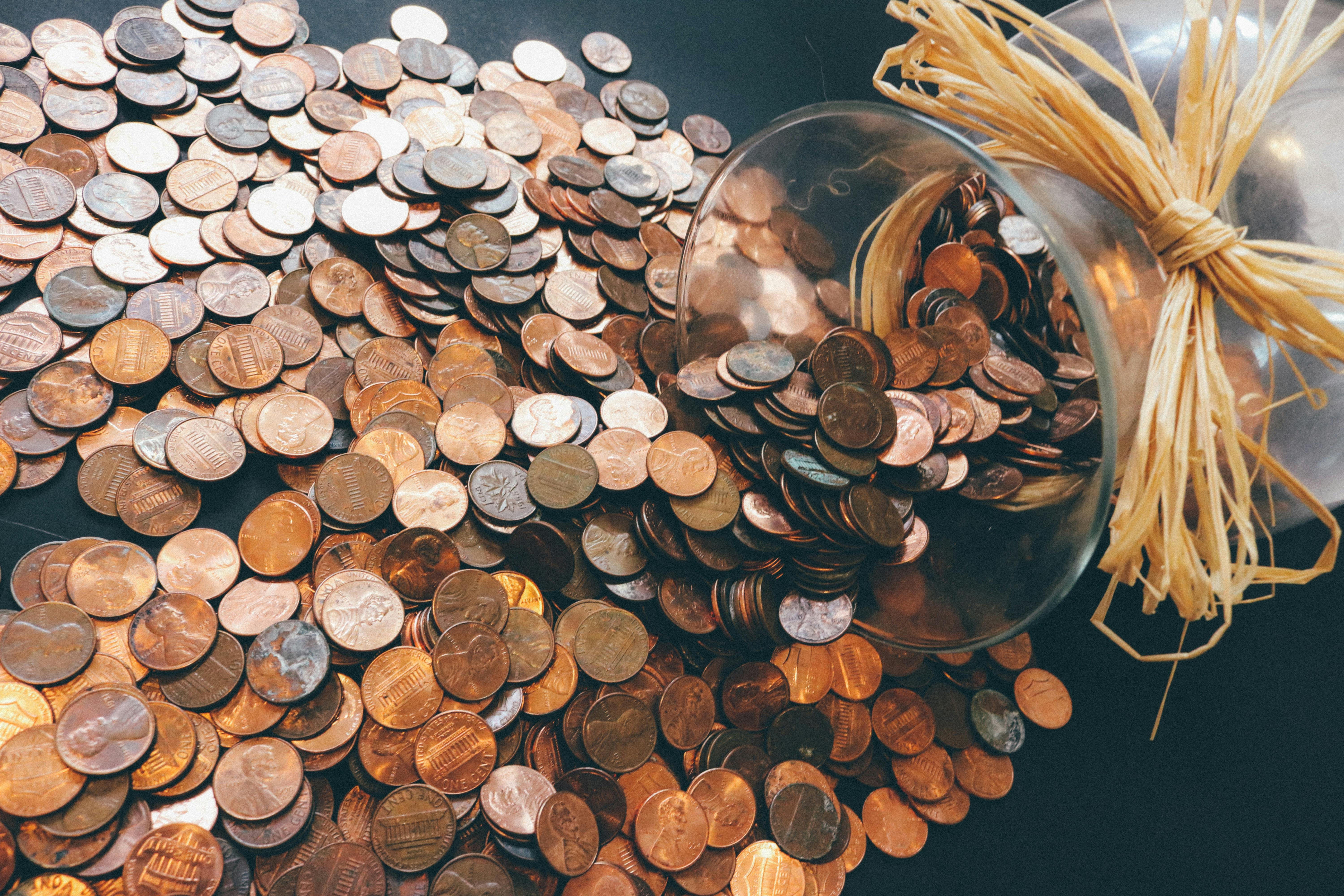Saving money doesn’t have to be difficult, and you don’t have to make huge sacrifices to see your savings grow. Often, the easiest way to save is by making small changes to your everyday spending habits. Whether you’re buying groceries, paying bills, or shopping online, there are plenty of ways to keep more money in your pocket. In this blog, we’ll explore practical tips and tricks that can help you save money on your everyday purchases, all while maintaining the lifestyle you enjoy.
1. Plan Your Purchases
One of the best ways to save money is to plan your purchases in advance. When you know what you need and stick to a plan, you’re less likely to make impulse buys that can quickly add up. Here’s how to do it:
- Make a Shopping List: Before heading to the store, make a list of what you need. Whether it’s groceries or household items, having a list helps you focus on essentials and avoid unnecessary spending.
- Set a Budget: Determine how much you’re willing to spend on certain items and stick to it. This can prevent you from overspending and help you prioritize your purchases.
- Compare Prices: Take a little time to compare prices at different stores or online before making a purchase. Sometimes, a quick search can lead you to better deals or discounts.
2. Take Advantage of Sales and Discounts
Sales and discounts are great opportunities to save money, especially if you time your purchases right. Here are some ways to maximize your savings:
- Shop During Sales: Keep an eye out for seasonal sales, holiday promotions, and clearance events. These are often the best times to buy items like clothing, electronics, and home goods at reduced prices.
- Use Coupons and Promo Codes: Before you buy anything, check for coupons or promo codes that can lower your total cost. Websites and apps like RetailMeNot and Honey can help you find discounts on everything from groceries to clothing.
- Sign Up for Loyalty Programs: Many stores offer loyalty programs that reward you with discounts, points, or cashback on your purchases. Sign up for these programs at your favorite stores to take advantage of exclusive savings.
3. Buy in Bulk
Buying in bulk can be a great way to save money, especially on items you use frequently. Here’s how to do it wisely:
- Stock Up on Essentials: Items like toilet paper, paper towels, canned goods, and non-perishable foods are great for buying in bulk. You’ll often pay less per unit, and you’ll always have a supply on hand.
- Avoid Perishables: Be cautious when buying perishable items in bulk, like fruits, vegetables, or dairy products. If you can’t use them before they go bad, you might end up wasting money instead of saving it.
- Share with Friends or Family: If buying in bulk seems too much for your household, consider sharing the cost and the goods with friends or family. This way, everyone saves money without the risk of items going to waste.
4. Cook at Home
Eating out can be expensive, especially if you do it frequently. Cooking at home is a simple way to save money and eat healthier at the same time. Here are some tips to make it easier:
- Plan Your Meals: Take a few minutes each week to plan your meals. This helps you make the most of what you already have and reduces the need for last-minute takeout.
- Cook in Batches: Prepare larger portions of meals and store the leftovers for later. This way, you’ll have ready-made meals for busy days, saving you time and money.
- Make Coffee at Home: If you’re a coffee lover, consider making your coffee at home instead of buying it at a café. The cost of daily coffee runs can add up quickly, while brewing your own at home can save you a significant amount over time.
5. Cut Down on Utility Bills
Utility bills are a significant part of everyday expenses, but there are ways to reduce them without compromising on comfort:
- Use Energy-Efficient Appliances: If it’s time to replace an appliance, choose energy-efficient models. They may cost a little more upfront, but they can save you money on your energy bills in the long run.
- Unplug Electronics: Even when turned off, electronics like TVs, computers, and chargers can use energy if they’re plugged in. Unplugging these devices when not in use can reduce your energy consumption.
- Use a Programmable Thermostat: A programmable thermostat can help you save on heating and cooling costs by adjusting the temperature when you’re not home or while you’re sleeping.
6. Use Cashback Apps and Credit Cards
Cashback apps and credit cards offer rewards for purchases you’d make anyway, effectively giving you a discount every time you buy something. Here’s how to make the most of them:
- Download Cashback Apps: Apps like Rakuten, Ibotta, and Fetch Rewards offer cashback on everyday purchases. Just shop through the app or upload your receipts to earn rewards.
- Choose the Right Credit Card: Some credit cards offer cashback on specific categories, like groceries, gas, or dining. Use a card that aligns with your spending habits to maximize your cashback rewards.
- Pay Off Your Balance: While cashback cards are great, they’re only beneficial if you pay off your balance in full each month. Otherwise, the interest charges can outweigh the rewards.
7. Buy Secondhand
Buying secondhand items is a smart way to save money, and you can often find high-quality goods at a fraction of the original price. Here’s where to look:
- Thrift Stores: Thrift stores offer a wide range of items, from clothing to furniture, at very low prices. You might need to spend some time searching, but you can find great deals on gently used items.
- Online Marketplaces: Websites like eBay, Facebook Marketplace, and Craigslist are excellent for finding secondhand items. Whether you’re looking for electronics, clothes, or home goods, these platforms offer plenty of options.
- Garage Sales and Flea Markets: These are great places to find bargains on everything from books to kitchenware. Plus, you can often negotiate prices to get an even better deal.
8. Avoid Impulse Purchases
Impulse purchases can quickly derail your budget, but there are strategies to help you resist the temptation:
- Wait Before You Buy: If you see something you want, wait 24 hours before making the purchase. This gives you time to decide if you really need it or if it’s just a passing desire.
- Stick to Your Budget: Remind yourself of your financial goals and budget before making a purchase. Ask yourself if the item fits within your budget or if it’s worth delaying your goals for.
- Unsubscribe from Retail Emails: Retailers often send promotional emails to entice you to buy. If you find these emails lead to impulse purchases, consider unsubscribing to remove the temptation.
9. DIY When Possible
Doing things yourself instead of hiring someone can save you a lot of money. Whether it’s home repairs, cooking, or crafting, there are plenty of opportunities to save:
- Home Repairs: For minor repairs or maintenance tasks, consider doing them yourself instead of hiring a professional. There are plenty of online tutorials and videos that can guide you through the process.
- Gifts and Cards: Instead of buying expensive gifts or cards, consider making your own. Handmade gifts are often more meaningful, and they can be much cheaper.
- Beauty Treatments: Instead of paying for salon services, try doing your own nails, haircuts, or skincare treatments at home. You can save a significant amount without sacrificing quality.
Conclusion
Saving money on everyday purchases doesn’t have to be complicated. By making a few small changes to your shopping habits, planning your purchases, and taking advantage of discounts, you can keep more money in your pocket. Whether it’s using cashback apps, buying in bulk, or avoiding impulse buys, these simple strategies can add up to significant savings over time. Remember, the key to saving money is consistency. The more you incorporate these tips into your daily routine, the more you’ll see your savings grow, giving you greater financial freedom and peace of mind.


